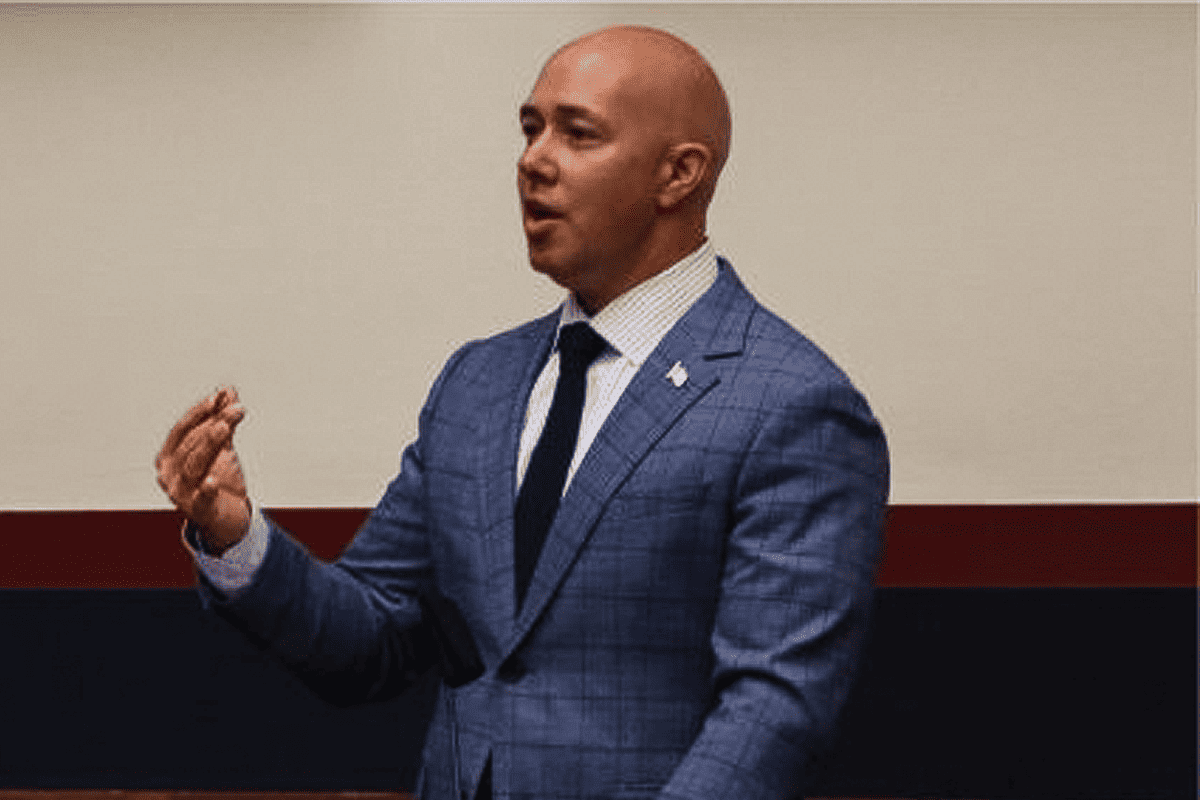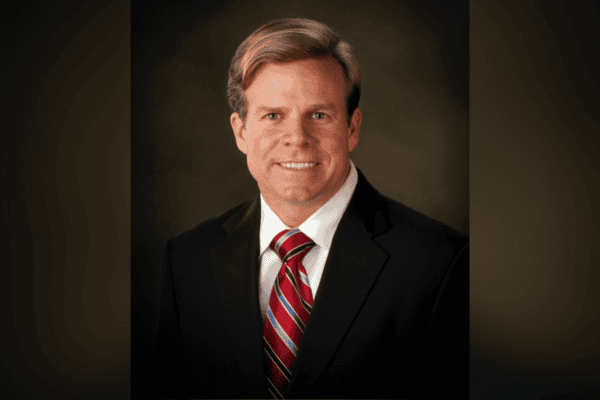Rep. Brian Mast: Biden is the ‘Reactor-in-Chief’ on China

WEST PALM BEACH, Fla. – Rep. Brian Mast, R-Fla., called President Joe Biden the “Reactor-in-Chief” towards China following California Gov. Gavin Newsom’s visit to Beijing last week.
“Biden is the Reactor-in-Chief, he doesn’t deal with anything until it’s a political problem with him,” Mast said on X. “Case in point: days after Gavin Newsom meets with Xi, the White House announces a meeting with the Chinese president.”
Newsom joined the Chinese president in Beijing last week to discuss climate action, according to the governor’s press release. Other priorities during Newsom’s visit included discussions on economic development and tourism and measures to combat xenophobia.
Mast expressed his displeasure with Biden’s global diplomacy in an interview with Harris Faulkner on Fox News.
“Joe Biden makes it an issue when it becomes a political issue,” Mast said. “When you’re talking about Xi Jingping right now and that potential meeting in the future, I think it’s a reaction to Gavin Newsom having a meeting with Xi Jingping and them saying why is the American president not doing this.”
Mast declared Biden’s inaction as a “political reaction to real policy problems.” He also criticized the president’s stance as not being strong or looking at American advantages in energy.
Biden is expected to meet with Jingping next month.
“[Biden’s] spreading us too thin like too much toast and not enough butter in Europe, in the Middle East, and potentially in Asia as well,” Mast said.
In regards to China, Mast referred to Biden’s tepidness as “blood in water” with conflicts occurring on multiple fronts, including Ukraine and Israel following Hamas’ terrorist attack on the country Oct. 7.
Mast also compared Biden’s credibility to that of his predecessor, former President Donald Trump.
“Donald Trump didn’t have to drop ordinance on Pyongyang or Beijing or Moscow or Tehran or somewhere else,” Mast said. “He was able to do it with [Qasem] Soleimani in Iraq or make threats in other places that you either get in line or I will put you in line, and they took the threat credibly and he didn’t have to put them in line because they stayed the right place.”
An Iranian major general and commander of the Quds Force, Soleimani was killed in an airstrike at Baghdad’s international airport under Trump’s authority on Jan. 3, 2020.
“Soleimani was plotting imminent and sinister attacks on American diplomats and military personnel, but we caught him in the act and terminated him,” Trump said following the strike.
Soleimani was considered an engineer of Iran’s proxy wars in the Middle East. At the time, his killing was thought to have raised tensions between the U.S. and Iran, as well as endanger U.S. military personnel in the region.
“Under my leadership, America’s policy is unambiguous: To terrorists who harm or intend to harm any American, we will find you; we will eliminate you. We will always protect our diplomats, service members, all Americans, and our allies.”
Since Oct. 17, American service members have reportedly been targeted at least 27 times by terror-backed Iranian proxies in Iraq and Syria.



